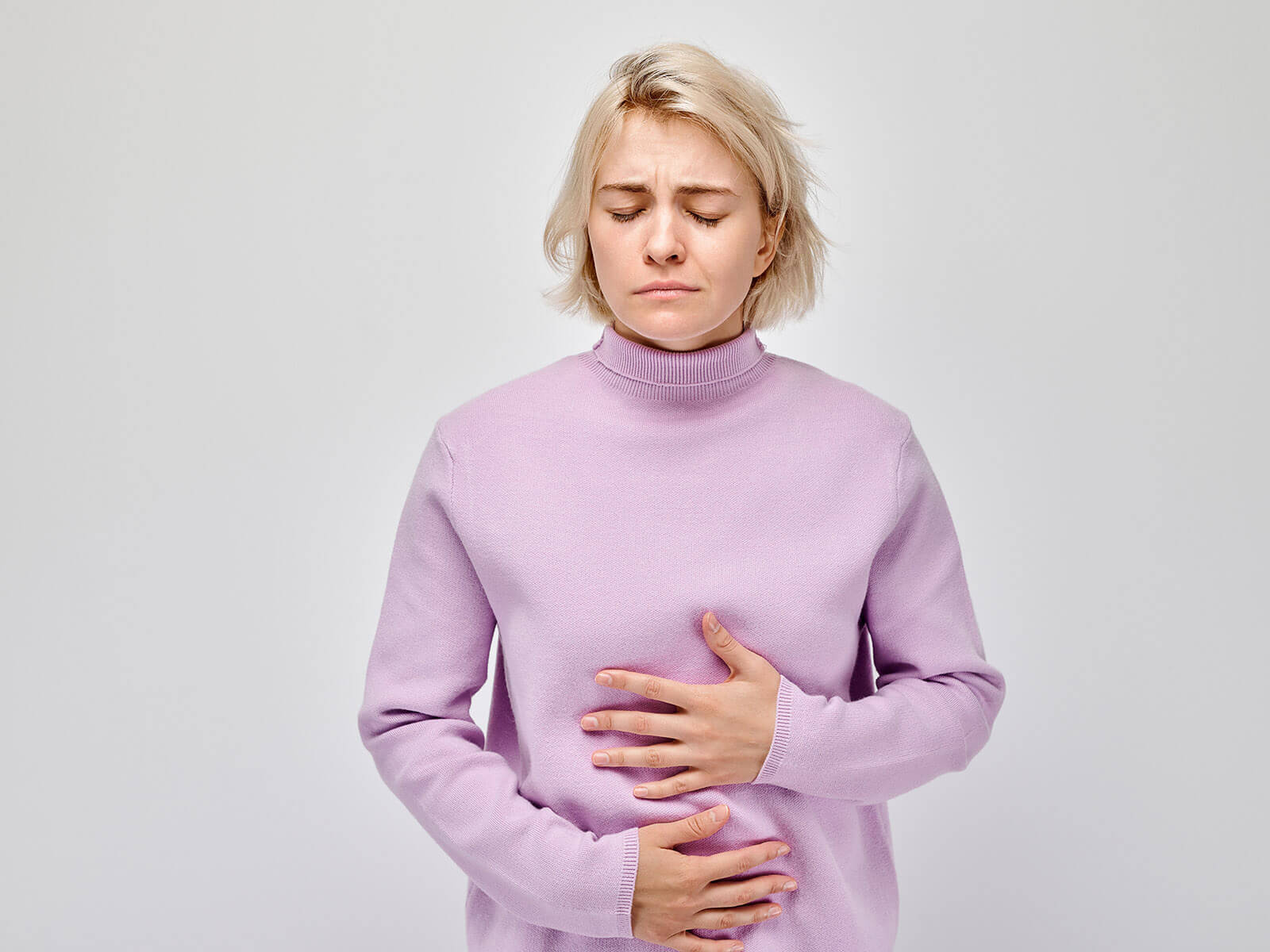
Stercoral colitis is whereby the hard stool imposes pressure on the large intestine. This pressure may cause inflammation, ulcers or even tears in the colon wall. Otherwise, it can lead to severe infections and other complications when it is not addressed in time.
The symptoms may be slow or abrupt. Many patients may notice:
Long term constipation and stool accumulation are often the initial conditions in this condition. The additional risk factors include:
GastroDoxs, Grosseman and his team of board-certified experts provide a unique and personalized patient-centered approach towards stercoral colitis through the most recent diagnostics and minimally invasive therapies. We take you through the entire process-comprising of an accurate assessment and personalized therapy to the detailed follow-up-to be able to do so that you feel comfortable and confident in your digestive health. Ready to make the first step towards the relief? Make your reservation with the Houston staff.
We've successfully treated more than 1K patients, helping individuals improve their digestive health and overall well-being through expert, personalized care.
With over 20 years of experience, GastroDoxs has been a trusted provider of gastroenterology care, focusing on delivering the best outcomes for patients
Stercoral colitis Stercoral colitis is a disease that affects the colon due to the long-lasting pressure by hardened feces which may cause ulceration, tears, and severe infections without timely treatment.
Diagnosis is usually either a physical examination, laboratory tests, and x-ray investigations like CT scan to detect the integrity of the colon walls and to exclude complications.
Stercalar colitis has a standard ICD-10 code of K52.8 which is under the classes of noninfective colitis.
Yes. In case of an infection, it may be uncovered, and specific antibiotics will contribute to retrenching the dangerous bacteria and ensuring healing.
Specialist treatment is required when there is severe constipation, persistent constipation, a lot of pain in the abdomen, rectal bleeding, or other alarming signs of the digestive system.
GastroDoxs are gastroenterologists who are board certified and with a team of specialized digestive care professionals who have been trained on diagnosis and treatment of stercoral colitis in Houston.
Low-fiber and low fluid diets may be contributory factors to hard stools and pressure on the colon, aggravating or triggering stercoral colitis.
Yes. Lifestyle modifications like eating more fibers, drinking water properly and engaging in activities will prevent the recurrence of sterrocal colitis.
In untreated cases, it may lead to death by causing tears and perforation of the colon, and serious infections due to pressure of the stool affected.
Mild cases can be treated with conservative care in few days whereas severe cases particularly the ones that require surgery may take several weeks to recover fully.